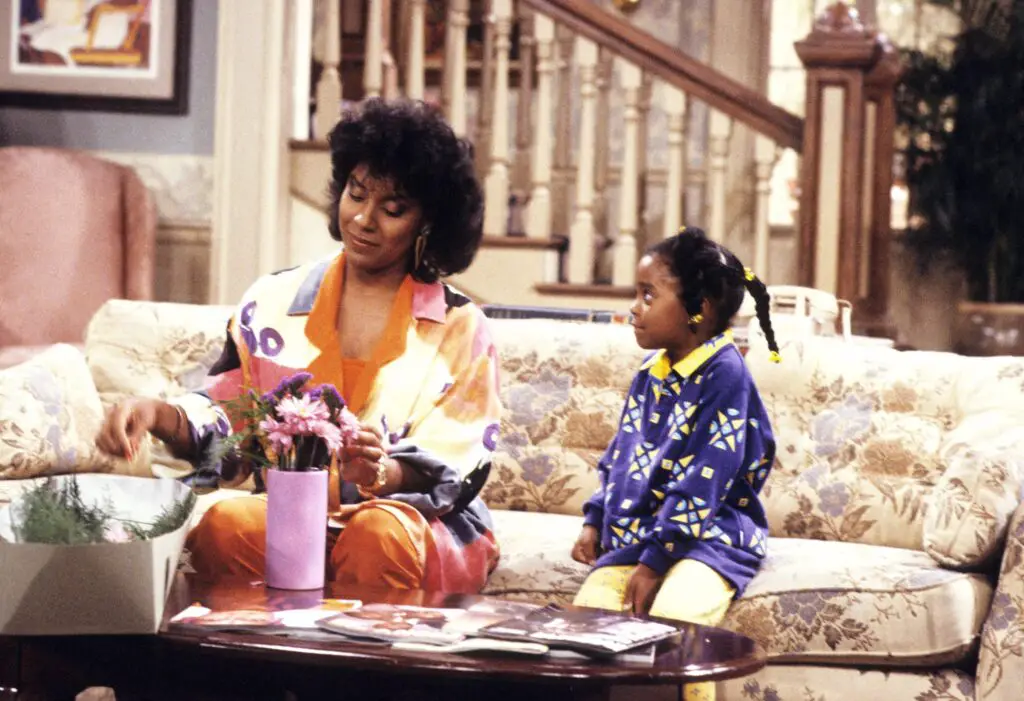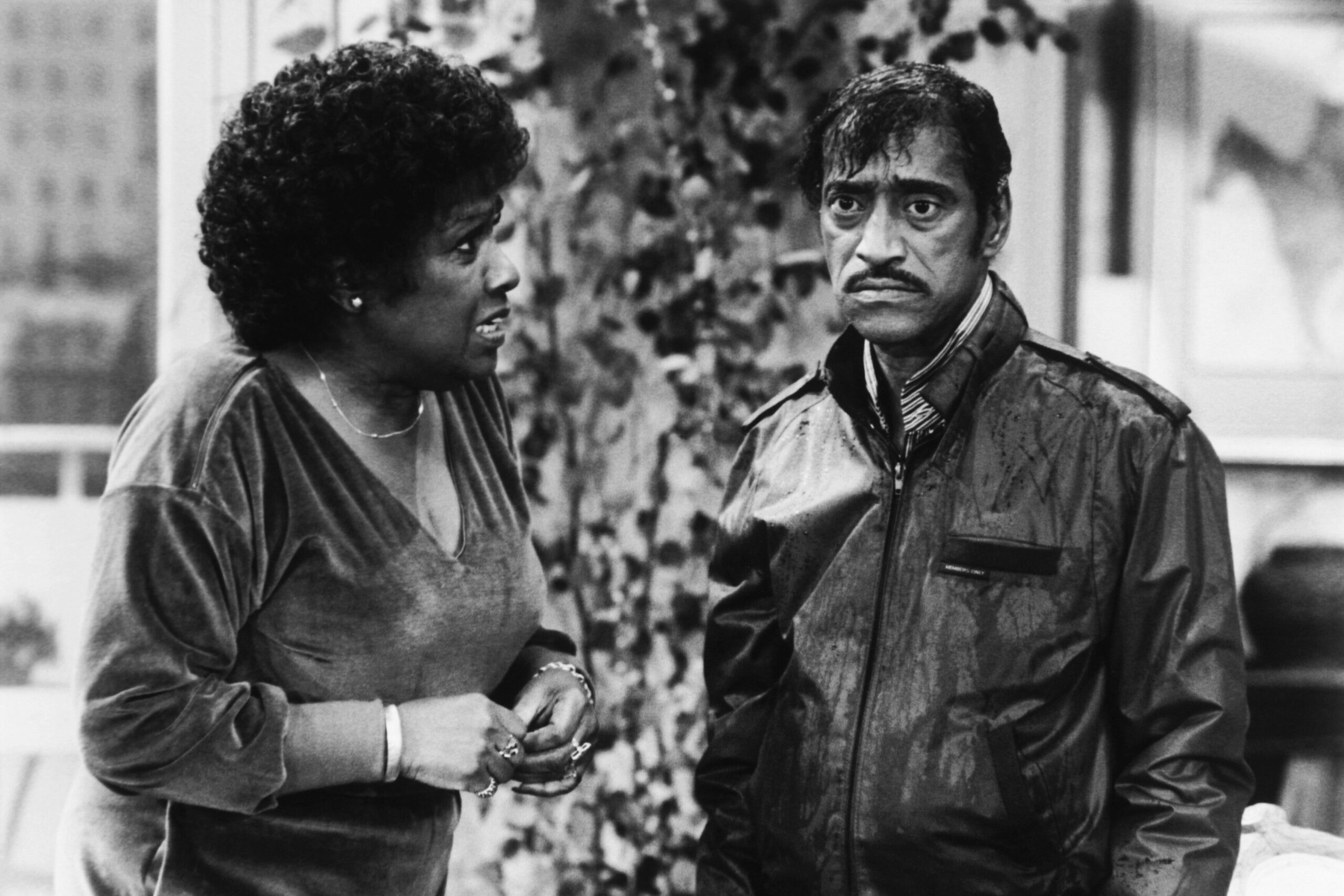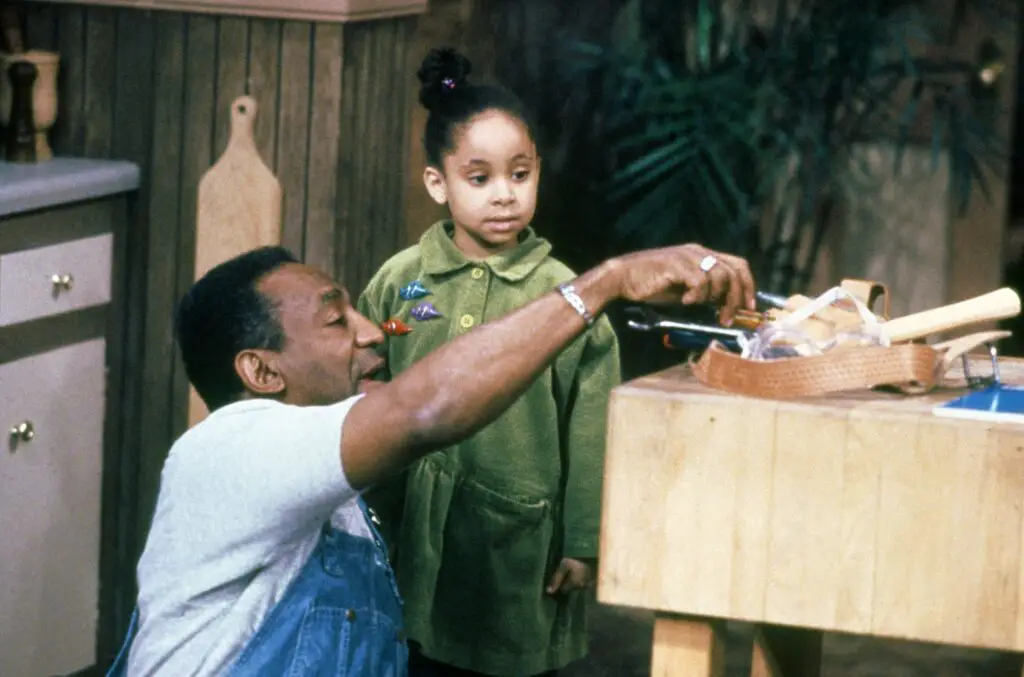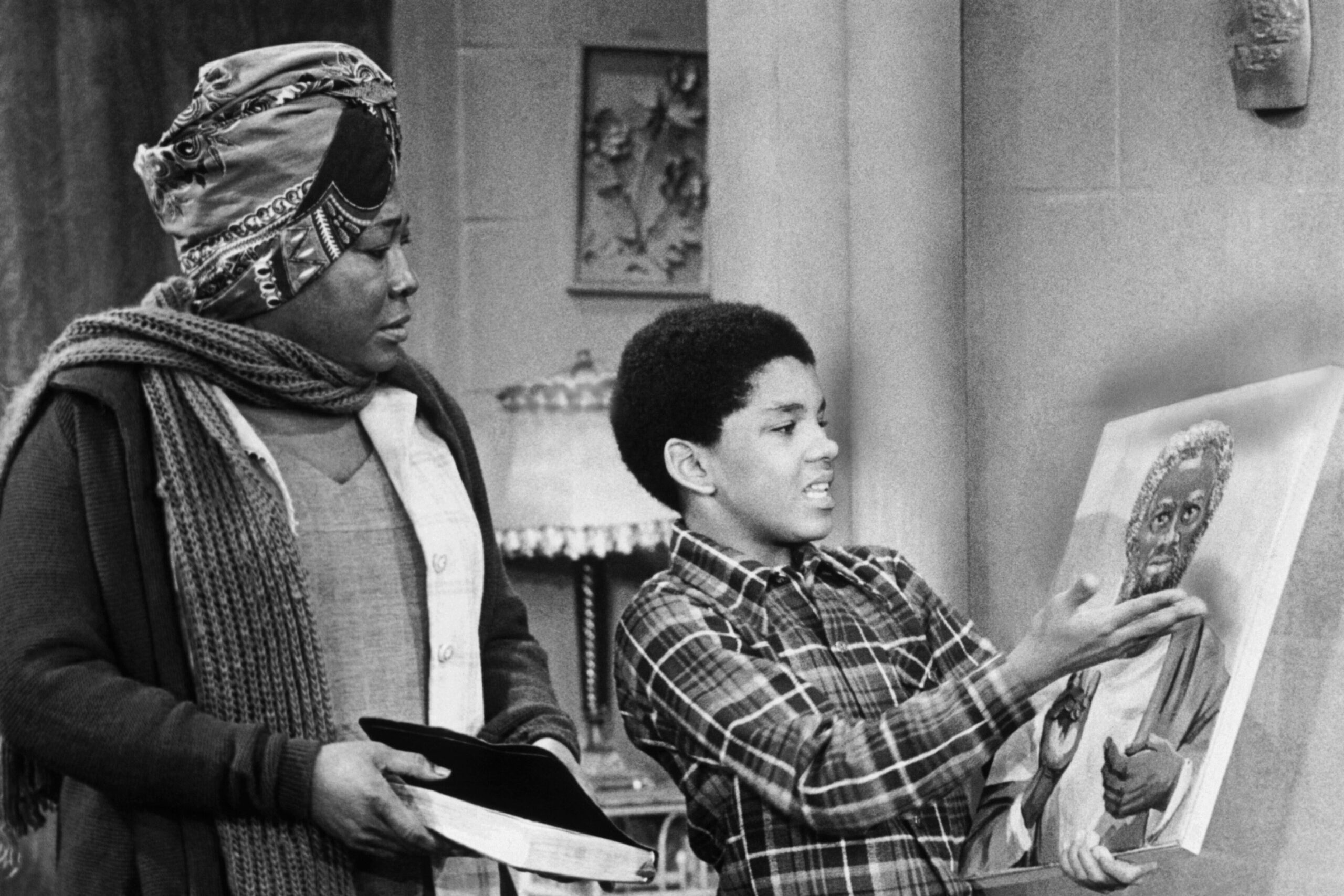1. Always Speak When You Enter a Room

One of the first lessons passed down was simple: say “hello” when you walk in. It wasn’t just about manners—it was about presence. Black elders taught that acknowledging others was a way of showing respect, and more importantly, being seen. In communities where being invisible could be a defense mechanism or a danger, this small gesture meant everything. Whether it was a family gathering or the corner store, greeting folks was a signal of upbringing and belonging shares Medium.
You didn’t just walk into a space and act like no one else existed. That was considered rude, but also unsafe. It could make people side-eye you or assume things about your character. Saying “Good morning” or “How y’all doing?” was a protective charm—both a courtesy and a shield adds InClub Magazine.
2. Keep Your Hands Visible in Stores

Even as kids, we were told not to touch anything we weren’t planning to buy. You go in with your hands in plain sight—no backpacks open, no hands in pockets. It wasn’t just a quirky habit; it was survival. Elders knew the world saw Black children as older, bigger, or more threatening than they were. So we were taught to overcompensate, to be extra careful, to move slow and smile even when we didn’t feel like it shares Parents.
The talk didn’t always come with a name like “racial profiling,” but the meaning was crystal clear. If you’re going to look at something, say so. If you’re picking something up, hold it like your future depends on it—because sometimes it just might. We learned how to shop not just with money, but with caution says WUNC.
3. Don’t Air Family Business

The moment you stepped outside, your mouth was on lockdown. What happened in the house stayed in the house—period. That rule wasn’t just about privacy, it was protection. Talking too much could bring judgment, social workers, or worse, police. Our elders weren’t just being secretive; they were shielding us from a world quick to misunderstand and quicker to intervene.
Even if your family was going through it, the outside world wasn’t your confidant. You could talk to Big Mama or your cousin, but not your teacher, not your friend’s mama, and definitely not someone with a clipboard. We were trained to smile through chaos because we couldn’t afford for someone else to write our story for us.
4. Never Run in Public Without a Purpose

If you were sprinting down the street, you better be chasing a ball—or being chased. Running for fun in certain neighborhoods could invite unwanted attention. We were taught early that our freedom of movement came with a cost. “Don’t run in the store,” “Don’t run down that block,” “Don’t run unless it’s an emergency”—those weren’t just rules, they were warnings.
There’s a deep history behind why our elders watched our pace. Black children running could be mistaken for thieves, suspects, or troublemakers. It wasn’t fair, but it was real. So we learned to stroll, to walk with purpose, to keep our heads up and eyes open, always aware of how we looked from the outside.
5. Call Every Adult “Mr.” or “Ms.”—Even if You Don’t Know Them

Respect was never optional. If someone had gray hair or paid bills, they got a title. “Yes, ma’am” and “No, sir” weren’t up for discussion. Our elders didn’t just see it as polite—they saw it as armor. Manners could buy a few seconds of safety, earn goodwill, or signal to strangers that you were raised right.
Even if someone told you to “just call me by my first name,” you didn’t. It felt wrong, like crossing a boundary you weren’t ready for. Black children were raised to honor adults not just for tradition, but for survival. Those small signs of deference could be the difference between being dismissed and being protected.
6. Watch What You Wear Outside the House

Looking presentable wasn’t about fashion—it was about protection. Before you stepped foot outside, your clothes had to be clean, your hair neat, and your shoes tied. Our elders drilled this into us because appearance could determine how you were treated. “Don’t go out looking like somebody don’t love you” wasn’t just a jab—it was a warning.
Being seen as “unkept” could mean getting followed in stores, sent home from school, or treated like you didn’t matter. Even a hoodie pulled up in the wrong place at the wrong time could cause a problem. It was exhausting, sure—but necessary. We learned early that how you looked could keep you safe, or put you at risk.
7. Know How to Switch Up Your Voice

Code-switching wasn’t a game, it was a skill. Our elders didn’t always call it that, but they modeled it every day. At home, you could be as relaxed as you wanted. But when the phone rang or it was time for school, you better flip the switch. “Speak clearly,” “Don’t mumble,” “Sound educated”—they drilled it into us like a second language.
It wasn’t about being fake—it was about being ready. Ready to navigate systems not built for you. Ready to be taken seriously, to be safe, to succeed. We learned that sometimes survival meant changing the rhythm of your voice, even if your heart stayed the same.
